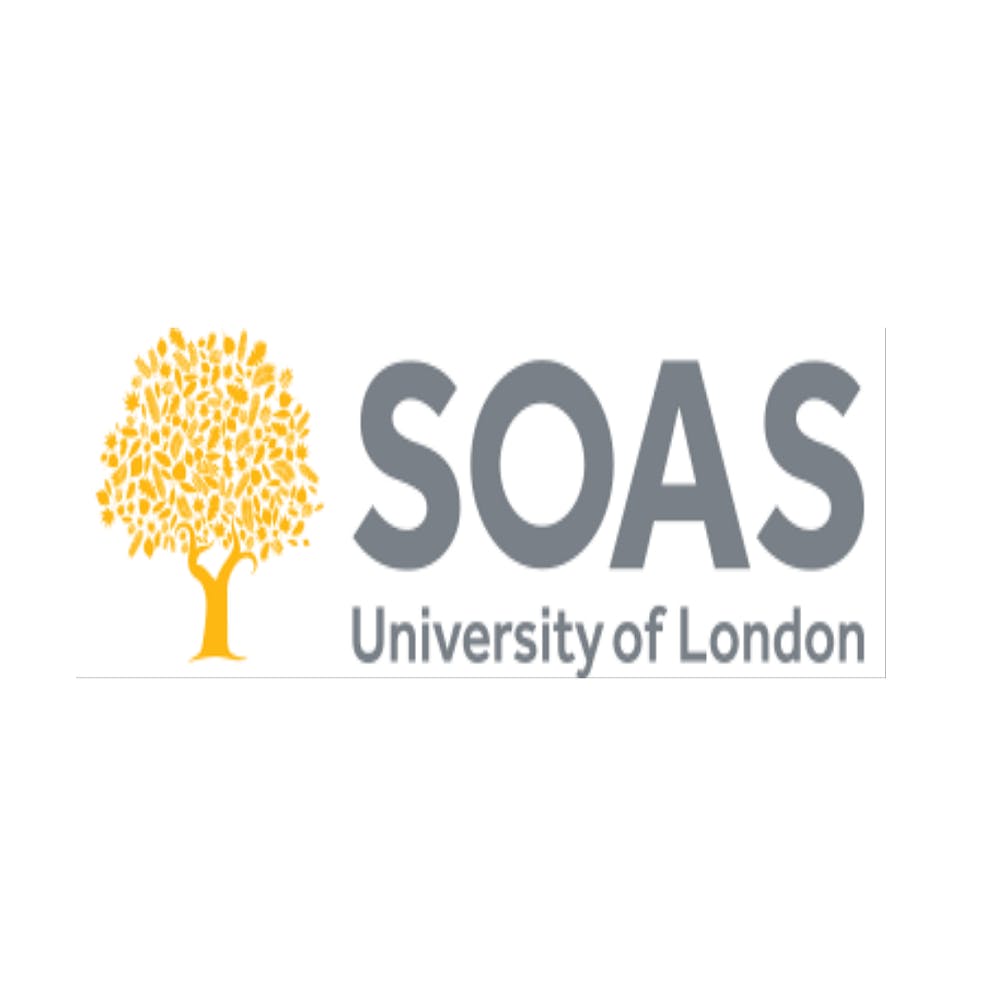
MA in Postcolonial Studies and Intensive Language
SOAS University of London, London
Study Abroad
IELTS
Sign in
Sign Up


SOAS University of London, London

MA in Postcolonial Studies and Intensive Language
SOAS University of London, London
This is verified by QS Rankings 2025
Degree
Postgraduate
Duration
24
Course Type
With Co-op
Co-op education gives you real-world experience in a job related to your studies.
INR
26.73L
USD 31445
1st Year Tuition Fees
Opening Soon